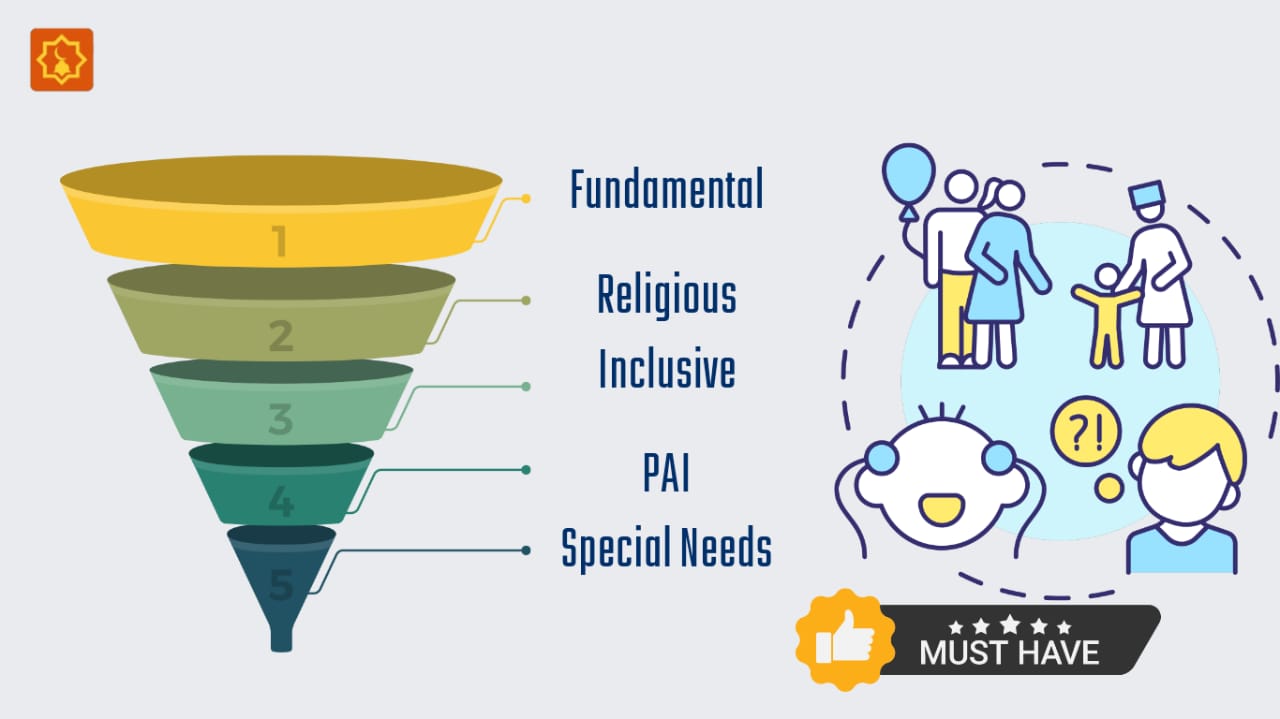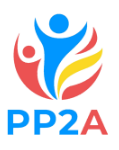The fundamentals of Islamic religious education in inclusive schools meet special needs children's PAI issues
Keywords:
Children with Special Needs, Fundamentals, Inclusive School, Islamic EducationAbstract
Education is a profound and essential process that enables individuals to achieve success in their social lives and various other domains. Designed specifically for children with impairments or special needs (ABK), children with exceptional needs require increased supervision and customized educational assistance. This study aims to acquire a comprehensive understanding of the educational journey of children with disabilities in inclusive educational settings. The research will utilize the literature review research methodology, with a specific emphasis on pertinent studies published in reputable publications between 2013 and 2023. This study analyzes and assesses previous research on Islamic religious education in inclusive schools. It aims to apply relevant theories to clarify the concept or representation that is formed via the process of generalizing understanding. Theory, in essence, provides a succinct depiction of empirical generalizations and the interrelationships among many premises. These claims are based on explicit assumptions, encompassing both those that will be scrutinized and those that have already been recognized. The findings revealed that by adopting an inclusive school paradigm, children with special needs can avail themselves of equivalent educational chances as their typically developing peers. Moreover, this essay will explore the precise tactics for converting an inclusive school into a setting where kids with special needs can participate in both educational and recreational pursuits without facing any kind of prejudice.
Downloads

Published
How to Cite
Issue
Section
License
Copyright (c) 2023 Assyfa Journal of Islamic Studies

This work is licensed under a Creative Commons Attribution-ShareAlike 4.0 International License.

 Universitas Katolik Indonesia Atma Jaya, Indonesia
Universitas Katolik Indonesia Atma Jaya, Indonesia
 Lovanium University, Kinshasa, Congo
Lovanium University, Kinshasa, Congo















